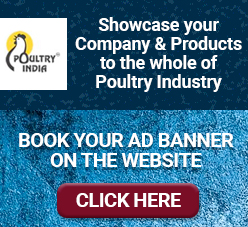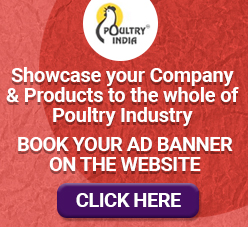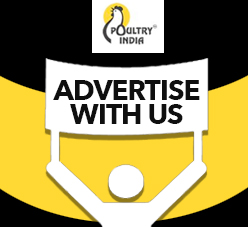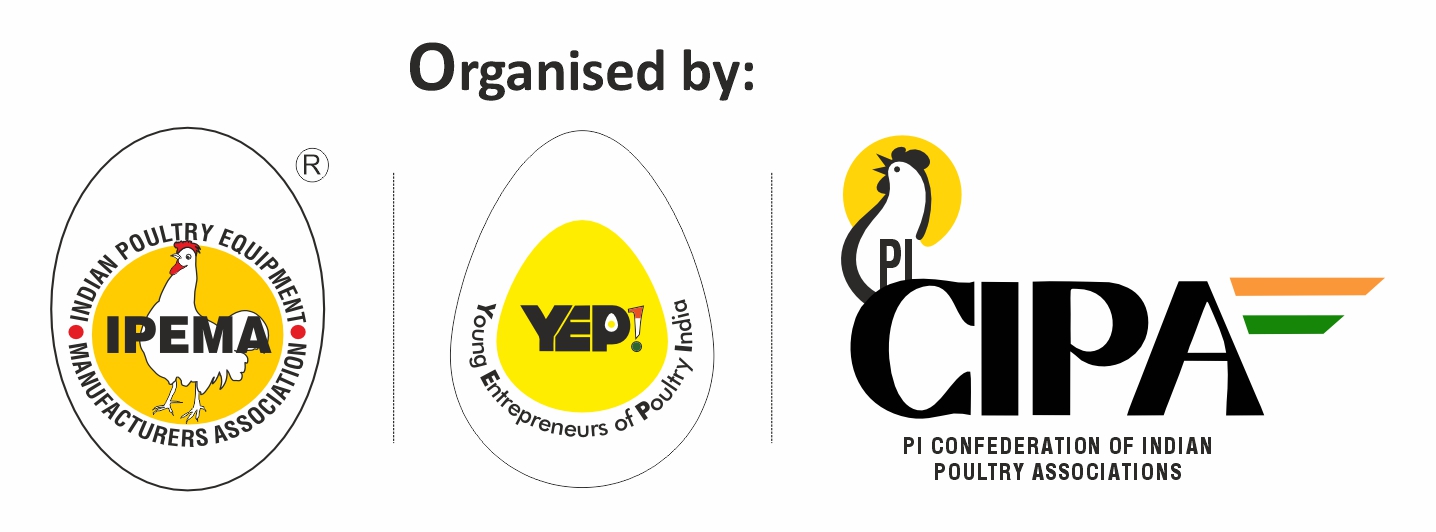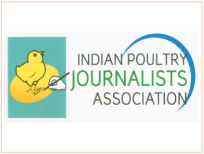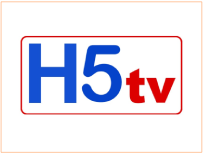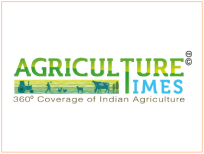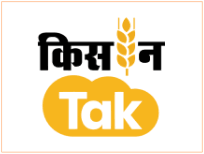WOAH urges coordinated global action on poultry vaccination
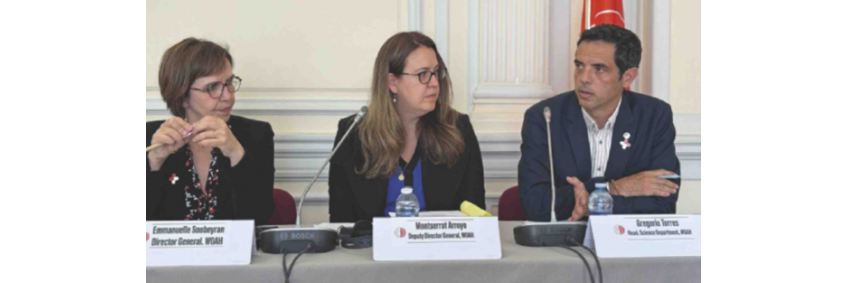
WOAH Director General Emmanuelle Soubeyran described the report as "a milestone publication" designed to offer a clear, objective and data-driven analysis of the global animal landscape. She emphasized its role in driving informed dialogue and actionable strategy on pressing animal health challenges, including disease surveillance, climate impacts and zoonotic spill overs
Sharp focus on avian influenza
The State of the World's Animal Health report notes that HPAI outbreaks are no longer confined to poultry. Wild birds and, increasingly, mammals have also been affected. The number of mammalian cases reported between 2023 and 2024 doubled, a trend that WOAH experts say may be partly due to in- creased surveillance. "Probably the increase is partially due to countries are implementing better surveillance and increasing transparency," said Gregorio Torres, Head of the Science Department at WOAH. Still, the data has prompted renewed concern over the virus's capacity to adapt and spill over into new species. WOAH data show that over 633 million birds have been lost globally in the past 20 years due to HPAI infection or culling. The cost of these losses extends far beyond production figures, disrupting food systems, wildlife and trade flows.
Vaccination, long viewed as a last-resort tool in poultry dis- ease management, is now gaining international attention as a necessary component of more sustainable control strategies. "Vaccination is a very useful tool," said Soubeyran. "But every country needs to do this by choice. At WOAH, we help them to make that choice."
Lessons from France
In October 2023, faced with repeated HPAI outbreaks in major duck production zones, the French authorities launched a targeted duck vaccination strategy. The decision was under- pinned by epidemiological modelling and a cost-benefit analysis that showed vaccination could dramatically reduce outbreak numbers and economic losses. "There has been a study by the veterinary school of Toulouse, which shows that they had, I think, last year, 10 outbreaks, and if they did not vaccinate, they would have had 700 outbreaks," said Soubey- ran. "The cost of the vaccine, the surveillance and vaccination, was 10 times less than the cost of the outbreaks."
Despite domestic success, the decision had swift internation- al consequences. Following the announcement, both the United States and Canada temporarily halted poultry imports from France. Officials expressed concern that it was possible for vaccinated birds to carry and spread the virus without showing symptoms. This, they said, would make it more difficult to detect outbreaks. Although intended as a precaution, the trade bans revealed a deeper, ongoing tension, that is, navigating between sound disease control and the realities of international trade. WOAH acknowledges the challenge and is calling for international dialogue to reduce the uncertainty surrounding poultry vaccination. "Vaccination is not a magic wand," said Deputy Director General Montserrat Arroyo. "It needs to be structural. It needs to be planned. It needs to be well financed. And the logistics can be complicated."
Vaccine planning and access
WOAH is helping countries navigate these challenges through a combination of technical support and practical tools. Its vaccine bank, for example, ensures that resource- limited countries can access high-quality vaccines in times of emergency. However, WOAH's current vaccine banks focus on rabies and peste des petits ruminants (PPR), not avian influenza. Access is only one part of the equation. According to Arroyo, WOAH also evaluates how vaccination strategies are being implemented and whether national authorities have the infrastructure and oversight required for safe and effective use. "We are not promoting vaccination for vaccination's sake," Arroyo said. "It has to be properly planned, properly financed, properly structured. It is not a decision that we take lightly. We are here to support countries in making those decisions, and when they decide, then we support them in the implementation."
Debate for the future of trade
Vaccination's impact on trade was openly addressed at the press conference. "There are unintended consequences of vaccination," Torres acknowledged. "We are still observing some unjustified trade restrictions... The intention of the Animal Health Forum is to have a debate-technical and political-to identify what is stopping us from making the most of one of the most cost-effective tools." The sentiment was echoed by Susana Guedes Pombo, President of the WOAH Council. "Vaccination is not the answer for all diseases-but it's very important for some of them," she said. "We must be very transparent when we decide on a political issue," she added, emphasizing that decisions around vaccination, although grounded in science, are inherently political, so require transparency. Transparency, she said, is central to building the trust necessary for safe trade and a coordinated response.
Global coordination
Beyond vaccination, the State of the World's Animal Health re- port provides an expansive look at global disease trends, surveillance capacity and veterinary infrastructure. The report also raises concern about the spread of disease from animals to humans, the threat of antimicrobial resistance, and how cli- mate change is shifting where and when diseases appear. Soubeyran stressed that building trust and cooperation across borders, especially between wealthier and lower-income countries, necessitates transparency. While openly reporting disease outbreaks can lead to trade repercussions, she noted that countries can build confidence by demonstrating how they manage and control those outbreaks effectively.
A resolution on vaccination and the way forward
WOAH's General Session will culminate in a resolution to guide its two-year work plan on vaccination. The resolution is expected to address not just technical standards, but also the political and economic dimensions of vaccine use. "This is the opportunity our members have to put the questions and the concerns that they have of applying the vaccinations and the impact on trade," said Guedes Pombo. In a year when HPAI continues to destabilize poultry systems across continents, the stakes are high. WOAH's message is clear: the path for- ward requires science, planning and collaboration that's backed by data, dialogue and global solidarity.
Source: https://kiosk.futurefarming.com/



